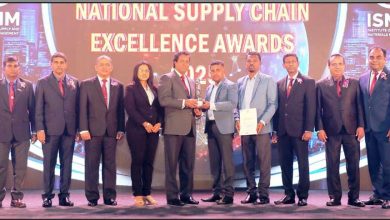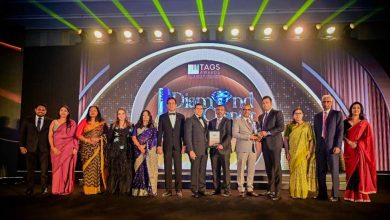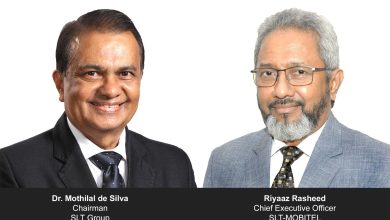CHOGM
OPINION: Young people must play a role in political leadership and decision-making
By Patricia Scotland, Commonwealth Secretary-General
Young people around the world are waking up to a growing list of new and harsh realities. Trapped in the shadow of a relentless pandemic, many are being robbed of the usual opportunities of youth and denied even the chance to socialise with friends and family.
Some are watching on helplessly as their dreams of entrepreneurship, employment and academic success edge further out of reach with every new headline. Others meanwhile are waking up to the horrors of conflict, afraid for their very lives.
The statistics are deeply concerning. An International Labour Organisation report shows the global youth population rose from 1 billion to 1.3 billion between 1999 and 2019. The same period saw young people engaged in the labour force drop by 71 million.
Other reports highlight the damaging and disproportionate impact of the pandemic on many aspects of young people’s lives. Their frustration and concern about their future are evident in the growing number of youth-led protests.
At their 2018 meeting, Commonwealth heads of government reiterated their commitment to including young people in decision making at all levels. As the world focuses on taming a raging pandemic, we must rally support from government and non-government institutions and groups to continue to make this pursuit a priority. Here is why.
Commonwealth Youth Awards
In the Commonwealth, young people represent the bulk of our population. They are bright, innovative, tech-smart and have a unique perspective on our opportunities and challenges. We do a grave disservice to all in our communities when we fail to harness this exceptional talent and vitality.
Every year our Commonwealth Youth Awards unveil impressive feats and innovations, conceptualised and executed by exceptional young people. In our most recent cohort, a young Ugandan showed us how to deal with the global threat of plastic pollution. He found a way to turn plastic into eco-friendly energy. In the Pacific, a young woman showed us how to transform waste into furniture and empower girls and women in the process. Meanwhile, a young Pakistani found a way to bring clean water to poor communities.
Given the huge potential and ingenious proclivity of our young people, we simply cannot afford to exclude them from our decision-making. Or to equate their youthfulness with inexperience and ignorance. This dangerous and damaging discrimination will hold all of us back from achieving our full potential.
I believe it is just as important to ensure young people are part of decision-making as it is to fight for parity in the representation of minorities and genders in leadership.
Youth leadership
Our youth are primed, ready and hungry for the opportunity to lead. This is explicit in their theme for the upcoming Commonwealth Youth Forum, to be held at the 2021 Commonwealth Heads of Government Meeting (CHOGM). ‘Taking Charge of Our Future’ urges us to take action to ensure young people are truly represented in leadership and decision-making.
Most urgent is a stocktake. In this regard, we hope our Global Youth Development Index will inspire more data-collection initiatives to measure young people’s prospects and inform policy around education, employment, health and political participation.
Next, we need concerted action to tear down barriers. Nothing should stand in the way of a young person’s access to quality education and training. Despite commendable progress, in sub-Saharan Africa and South Asia, literacy levels are at 64 per cent and 71 per cent respectively. We are also in a situation where remoteness or socio-economic background are still too large a factor in education outcomes.
Furthermore, we need education and training specifically geared to preparing young people for leadership roles. This is why one of the planned outcomes of next year’s CHOGM is the launch of a Commonwealth Non-Formal Education Alliance for Quality Youth Leadership. We are inviting institutions and groups who work with young people to engage and support this alliance.
However, for these initiatives to translate into a real change we need political parties to clearly articulate their commitment to increasing the number of youth candidates and the level of real youth engagement, with a strategic and measurable set of actions and outcomes.
Empowering the future
Finally, it will be impossible to take even one step on the journey towards youth empowerment without the mentors, coaches, advocates and counsellors who dedicate their lives to young people’s development.
So, this week, we are celebrating the achievements of our youth workers, recognising that they are critical to our youth development goals. Globally, we need to scale-up ongoing efforts to fill gaps in their support mechanisms and professionalise youth work through training and degree certification.
It is a strange, difficult and uncertain time for us all, but we cannot silence or ignore the voice and contributions of a population which represents our future and is, in many ways, disproportionately impacted by today’s global challenges.






